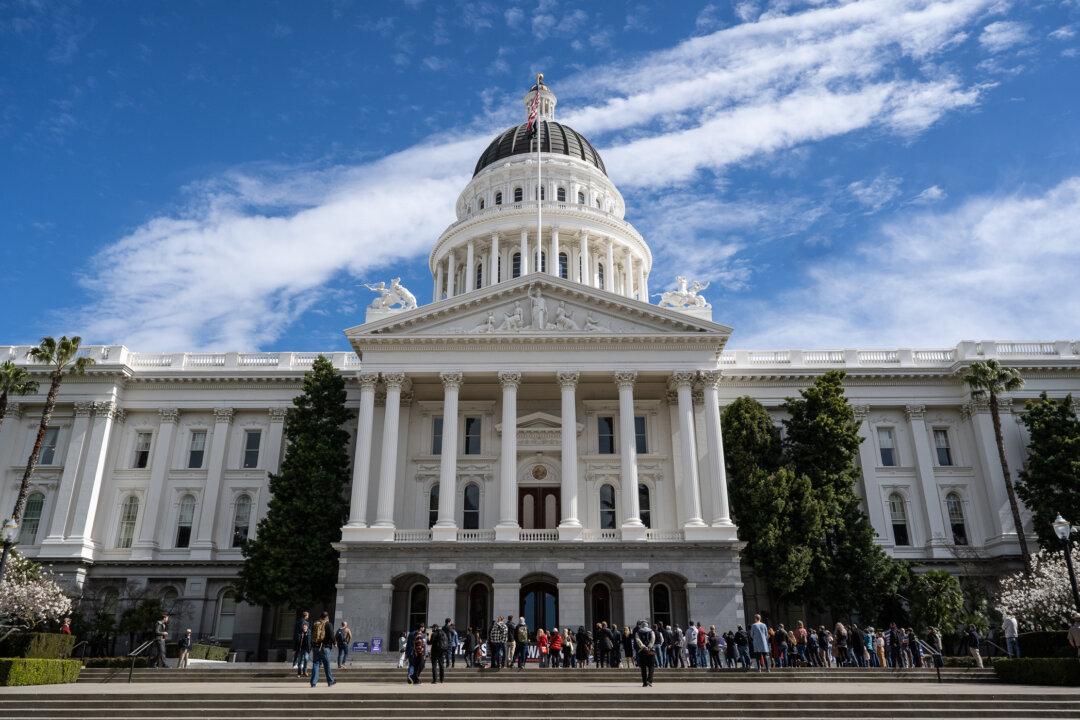A California state lawmaker has admitted that a previous pro-LGBT law banning taxpayer-funded travel to certain states has had an “unintended” negative impact on research and economic activity and is an obstacle to its goals to support travel for an abortion.
The Democrat-run state’s decision not to engage with states on the grounds of supporting LGBT communities has meant that California’s public university systems have experienced challenges with conducting academic research, including on LGBT issues.





